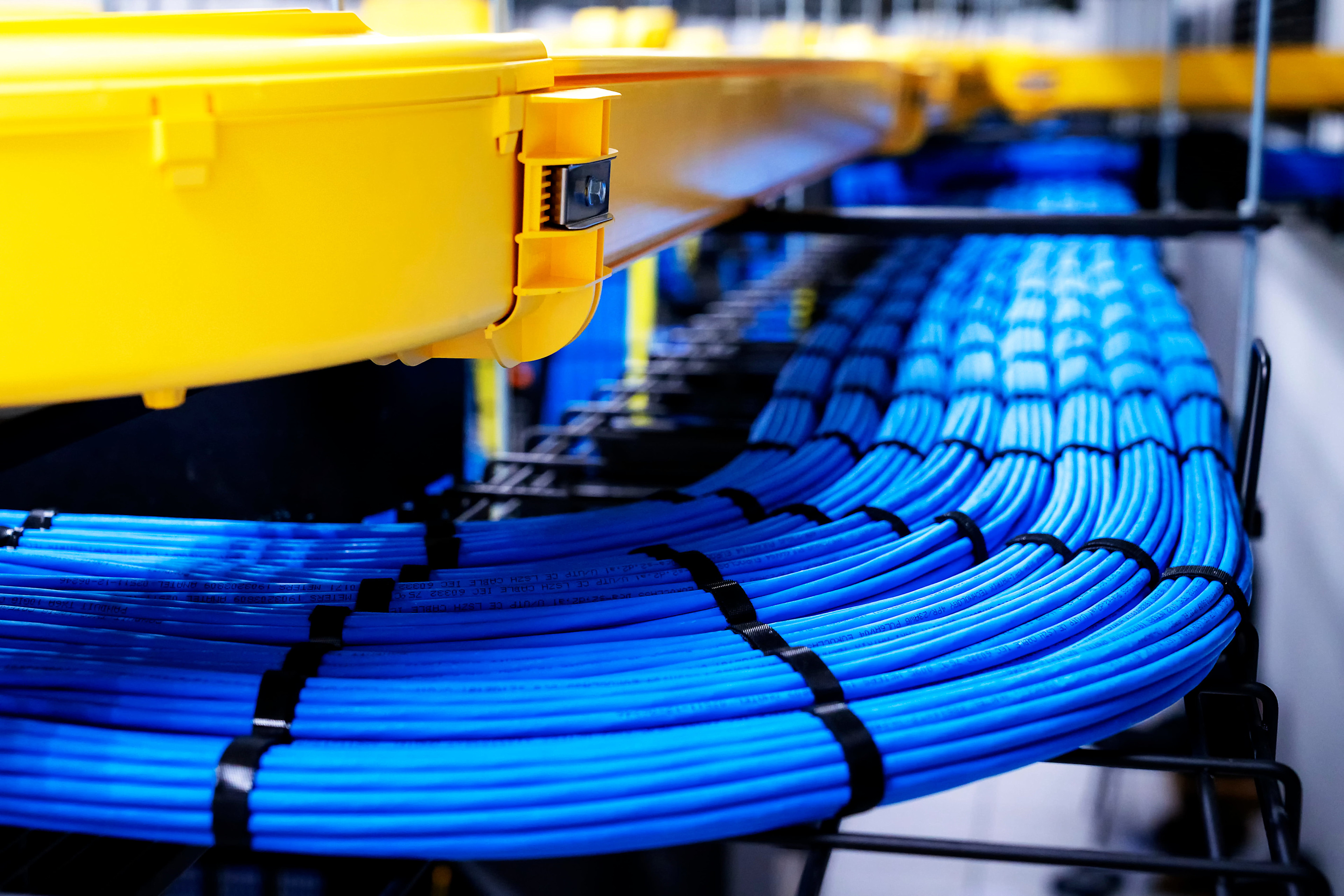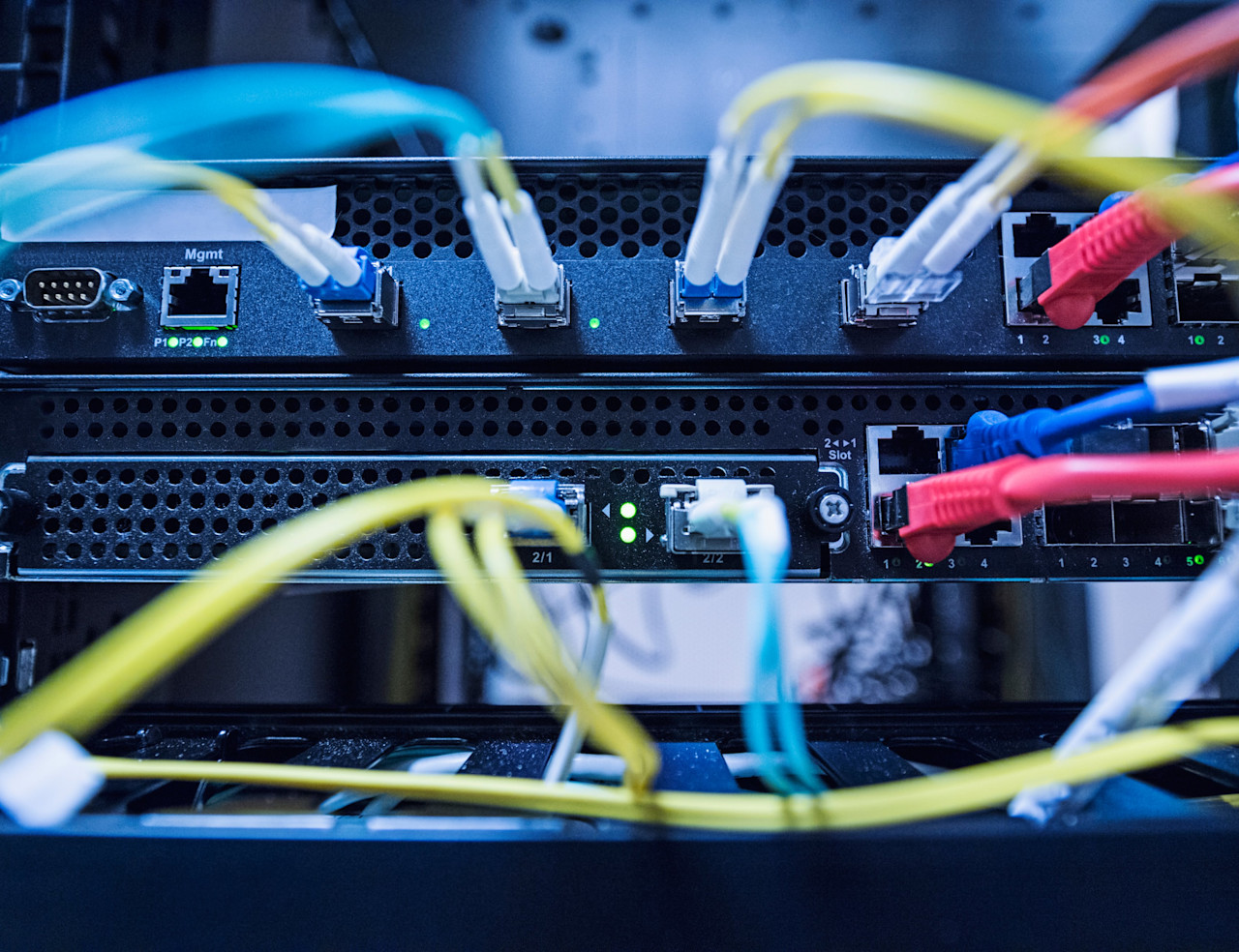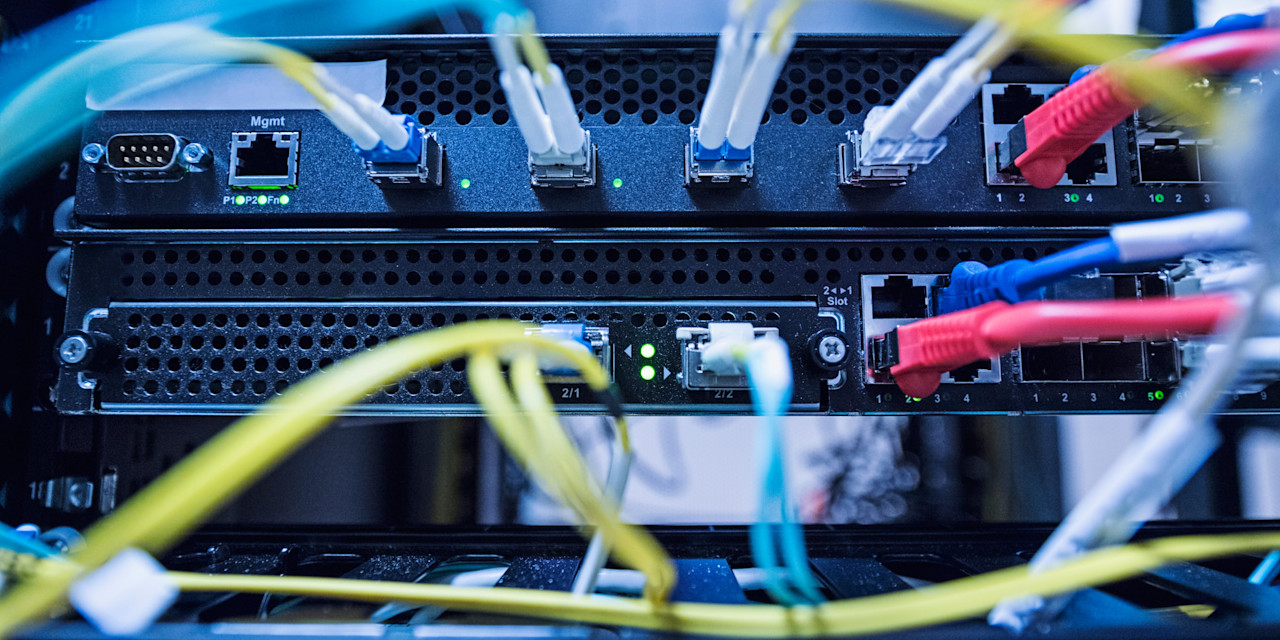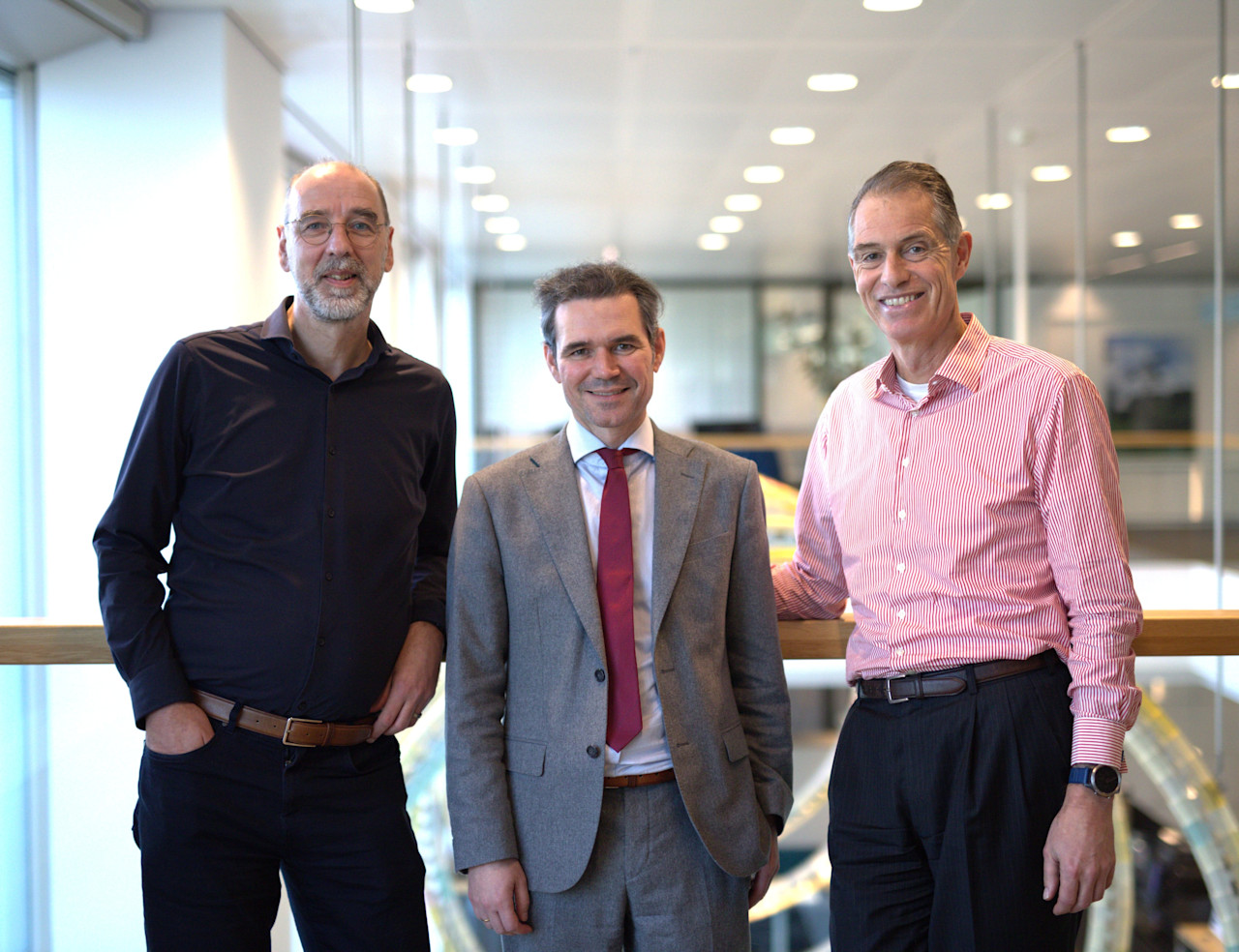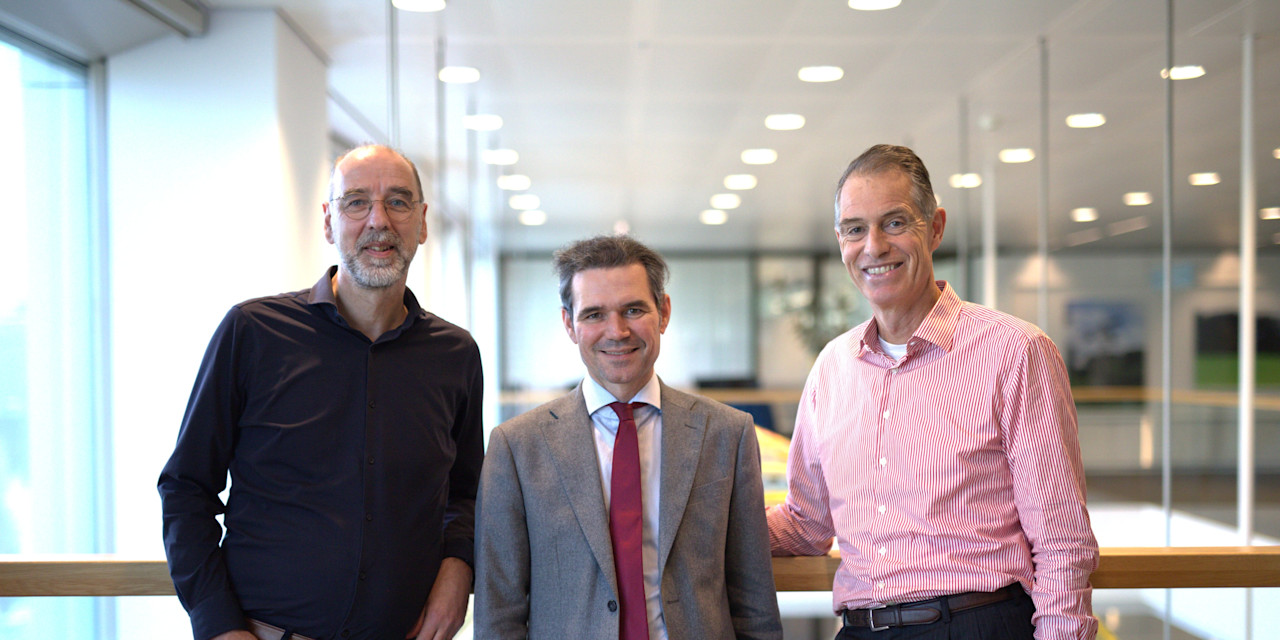Unsere Einblicke
Die Richtung, in die sich die Märkte entwickeln, und die damit verbundenen Auswirkungen zu verstehen, ist die anspruchsvollste Aufgabe jedes Anlageexperten. Um ein bestmögliches Verständnis zu entwickeln, sind leistungsfähiges Research und gründliche Einblicke erforderlich. Deshalb investieren wir sehr viel Zeit darin. Denn nur durch das Teilen von Wissen können wir alle profitieren.
